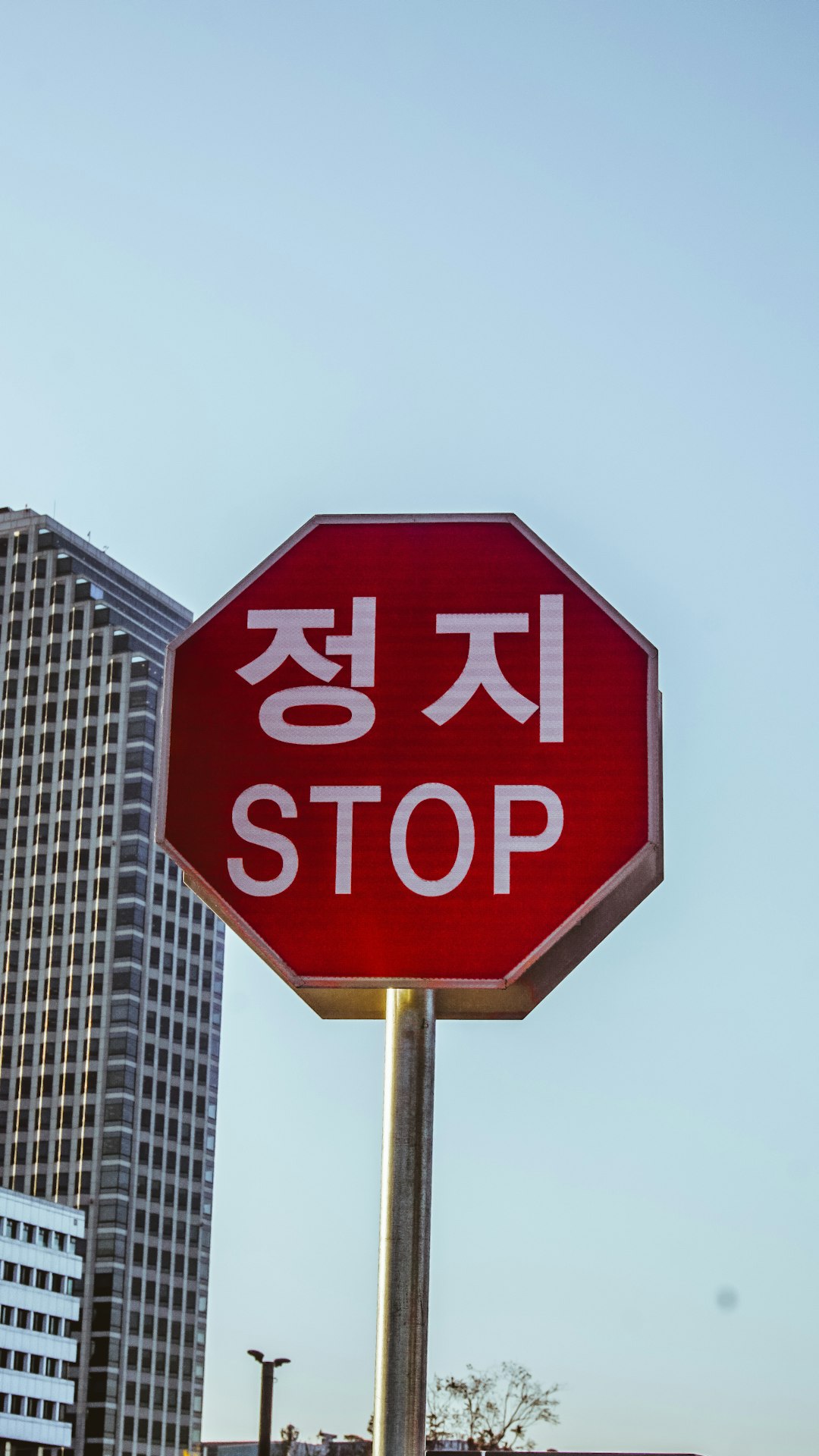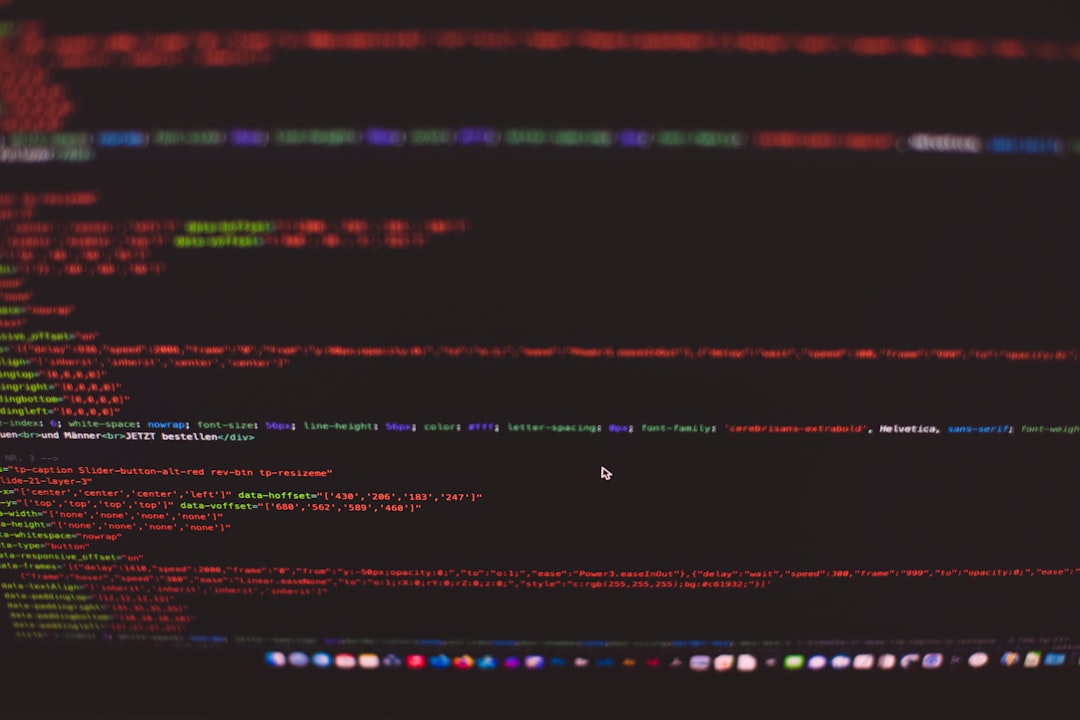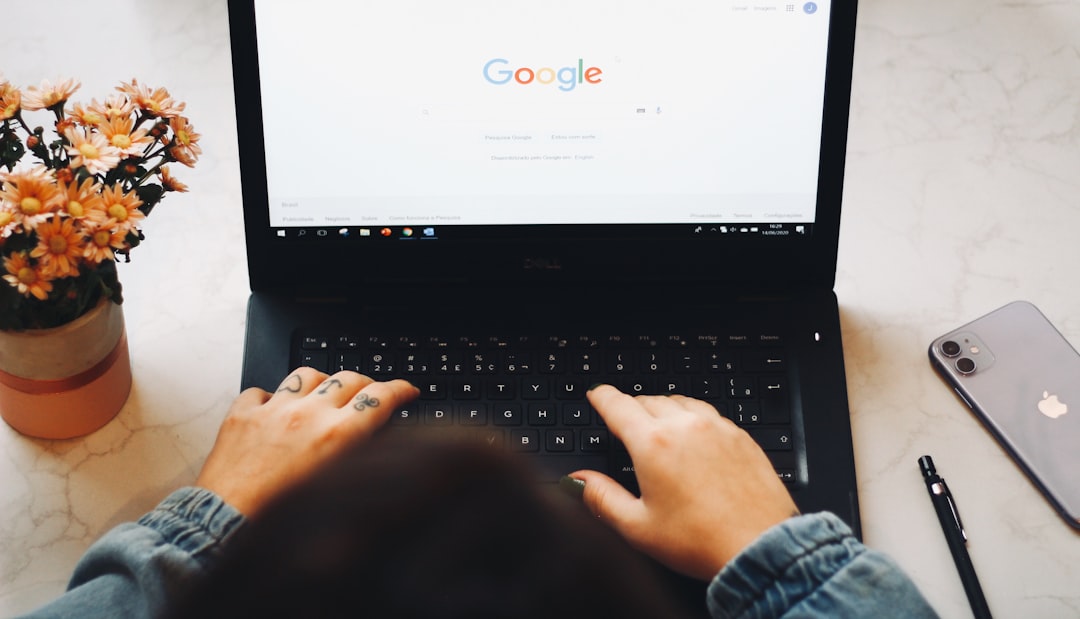In the ever-evolving sphere of technical SEO, the correct implementation of canonical tags is pivotal for ensuring that search engines index the intended version of your web pages. However, one subtle yet impactful issue continues to afflict many websites: alternate-page canonical errors. These errors are often overlooked but can significantly impact a site’s performance, particularly when dealing with dynamic content, e-commerce platforms, or multilingual setups.

What Are Alternate-Page Canonical Errors?
To understand alternate-page canonical errors, it’s important to start with canonicalization itself. A canonical tag (<link rel="canonical" href="...">) is used to indicate the preferred version of a webpage when duplicate or near-duplicate pages exist. This tells search engines which URL should be considered the “master” or primary version, helping to consolidate link equity and avoid content duplication penalties.
Alternate-page canonical errors occur when a page that is part of a set of alternate URLs—such as pages differentiated by query parameters, geolocation, or languages—contains a canonical tag pointing to a different alternate instead of itself or the correct canonical. In straightforward terms, it’s a situation where one URL within a group erroneously claims another alternate as the canonical version.
Why Are These Errors Problematic?
Alternate-page canonical errors can lead to:
- Loss of indexing for key pages – The wrong canonical tag can cause the intended page to be ignored by search engines.
- Waste of crawl budget – Duplicate content might be crawled repeatedly, using resources that could be spent elsewhere.
- Split page authority – Link equity might be divided between multiple versions of what is essentially the same page.
- Confusion in multilingual contexts – Incorrect hreflang-canonicals pairings can completely derail localized SEO strategies.
The subtleties of alternate-page canonical errors often remain hidden until organic traffic declines or specific ranking issues arise. Therefore, the ability to detect patterns in web logs and correct these errors is essential.
Identifying Canonical Errors Through Log File Analysis
Log file analysis is one of the most accurate ways to identify how search engines are interacting with your site in the real world, not just as defined by meta directives or sitemaps. By analyzing server logs—which list every request made to your server—you can detect when crawlers encounter non-canonical content and how they interpret canonical tags.
Step-by-Step Detection Process
- Extract Search Engine Requests
Filter server logs to isolate accesses by major search engine bots such as Googlebot, Bingbot, and others. Focus on theGETrequests along with the HTTP status codes. - Compare Accessed URLs to Canonical URLs
Create a mapping for each URL that was accessed to identify what canonical URL is declared via its header or HTML. You can automate this with scripts or use log analyzers that support canonical status review. - Match Alternates with Canonicals
Establish if the canonical reference points to a page outside of its alternate cluster. For instance, if /product?color=blue is accessed but lists /product?color=red as canonical, that’s an invalid structure unless intentional and validated. - Locate Pattern Clusters
Identify recurring misconfigurations grouped by directory, query string parameters, or language codes. This helps you understand whether the issue is isolated or systemic.
Common Patterns of Misconfigured Canonicals
Errors in canonical implementation often manifest through certain repeatable patterns. Recognizing them in your logs can streamline correction tactics.
- Query Parameter Canonical Conflicts
Pages that differ by parameters (e.g., ?filter=cheap, ?sort=latest) often default to one version as canonical. This may unintentionally suppress legitimate alternate content if misused. - Pagination Anomalies
Pagination-related pages like /blog?page=2 sometimes incorrectly point to page 1 via canonical. Each page in a pagination sequence should ideally self-canonicalize, unless a merge in indexing is explicitly desired. - Localized Site Canonical Discrepancies
An English version (/us/products) might be listed as canonical by a German version (/de/produkte), which is incorrect unless specified via hreflang along with a designated global canonical. - Trailing Slash Inconsistencies
URLs like /services/ and /services considered different by servers may point to each other as canonical, leading to indexing confusion. Normalizing URL structure is essential.

Validation Tools and Automation
While traditional log analysis can be done manually through grep, awk, or scripting languages like Python, scaling detection requires specialized tools:
- SEO Crawlers – Screaming Frog and Sitebulb allow viewing canonical tags and detecting duplicate canonical sets.
- Log Analyzers – Botify, OnCrawl, or custom tools using Splunk can map bot behavior to canonical declarations over time.
- Script-Based Extractors – Python libraries like BeautifulSoup combined with requests modules can extract canonical tags in batch requests for correlation with log entries.
Integrating your server logs with structured canonical reports gives you the visibility needed for sustainable SEO improvements. Track changes after fixes to ensure their impact.
Preventive Best Practices
Once you’ve identified and corrected errors, it’s crucial to prevent them from recurring:
- Design Canonical Logic Thoughtfully – Implement canonical behavior programmatically, ensuring dynamic pages follow consistent rules.
- Test Canonicals Before Deployment – Use staging environments to review tags with crawler simulations.
- Align with hreflang Attributes – For internationalized content, canonical tags should support rather than conflict with hreflang declarations.
- Use Absolute URLs – Always define canonical links with full paths to avoid ambiguity between environments.
Conclusion
Alternate-page canonical errors may appear benign at first glance, but their cumulative impact can hinder site performance and limit visibility in search engine results. By implementing a thorough review process centered around log analysis, SEO specialists can not only unearth these issues but also pattern them for quick batch fixes.
Remember: canonical integrity reflects not just on how a page ranks, but also on whether it gets indexed at all. Through strategic analysis and vigilant implementation, you can safeguard your site’s content structure and maximize discoverability where it matters most.
Invest the effort in detecting and resolving alternate-page canonical errors today—your future rankings will thank you.



